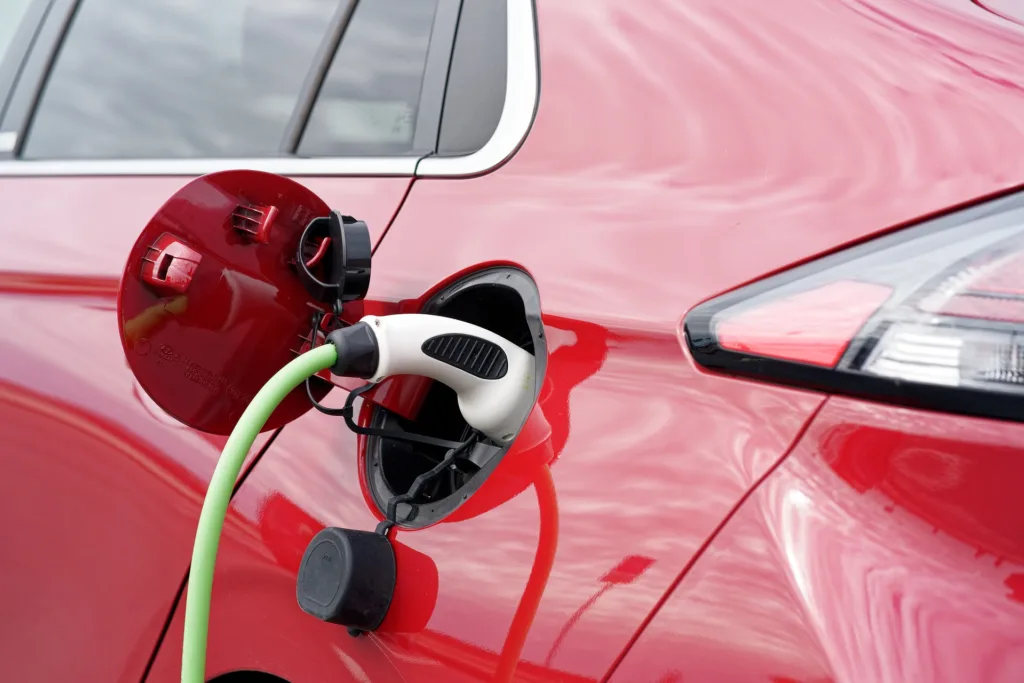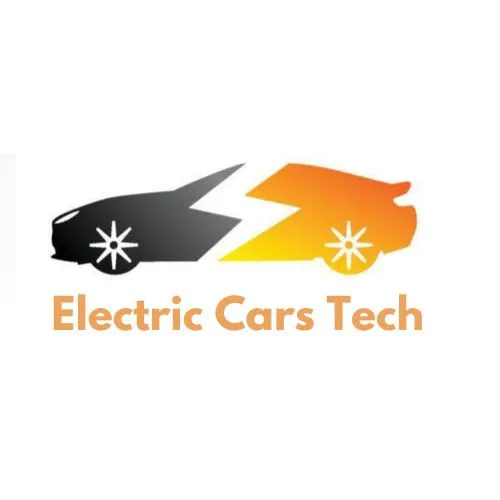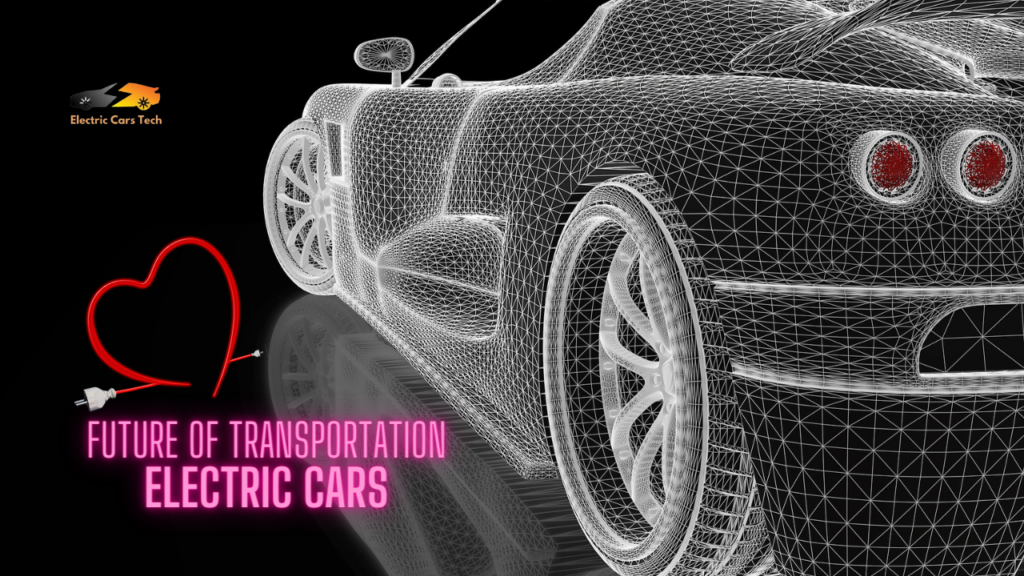Why are electric cars important for our future?
It is nearly unanimously acknowledged that the environment has been severely harmed by rapid economic expansion and advancement. Furthermore, there is growing consensus that in order to mitigate these effects, sustainable development measures must be put in place. Pollution from fossil fuel-powered cars is a major factor in environmental degradation. Car exhausts discharge a variety of hazardous gases and solid matter, which contribute to global warming and endanger both human health and the ecosystem. This has an immediate and long-lasting impact on the environment.
Today’s automotive manufacturers see electric vehicles as a viable alternative because of the urgent environmental issues. Electric automobiles are the way of the future, which is becoming increasingly obvious as the world of transportation changes quickly. Currently, several leading automobile manufacturers are producing compact electric cars suited to short distance driving.
Why EVs are the Future of transportation:
Environmental Benefits:
The capacity of EVs to minimize carbon emissions is one of their main benefits. Traditional gasoline-powered cars contribute to climate change by releasing damaging greenhouse gases into the atmosphere. On the other hand, EVs are a more environmentally responsible choice because they emit significantly less carbon dioxide and other pollutants. Further minimizing the environmental impact of EVs is the growing use of electricity generated from renewable resources like wind and solar energy.
Cost Efficiency:
EVs may end up being more affordable in the long term despite having greater initial expenses. Due to the simplicity of their electric drivetrains, they require substantially less maintenance than gasoline-powered vehicles and have significantly lower fuel expenses. In addition, several governments provide tax breaks and other financial aid to promote the use of EVs, further increasing their affordability.
Improved Driving Experience:
Another benefit of EVs is their quiet and comfortable driving. Compared to conventional gasoline cars, EVs offer a far more relaxing and joyful driving experience since they have rapid torque and no gear changes. Additionally, the absence of engine vibration and noise makes the cabin significantly quieter, resulting in a more tranquil driving experience.
Advanced Technology:
The cutting-edge technology used in their creation and design is another reason why EVs are the form of mobility of the future. Regenerative braking, which recovers energy typically lost during braking and feeds it back into the battery, is one of the elements that makes EVs more environmentally and energy-efficient. The most recent EVs also have cutting-edge infotainment systems and connectivity options, making them a desirable choice for tech-savvy customers.
Positive Impact on the Economy:
The switch to electric vehicles is also helping the economy. In addition to spurring investment in charging infrastructure and other associated technologies, the rising demand for EVs is generating new jobs in the automotive and energy industries. Additionally, the decreased reliance on fossil fuels might contribute to increased energy security and lower fuel import prices.
Reduced Dependence on Fossil Fuels:
Finally, the growing popularity of EVs is assisting in lessening our reliance on fossil fuels, which are limited resources that are becoming more and more expensive. By using EVs, we can lessen our reliance on these resources and contribute to a more sustainable energy future for future generations.

What year will everyone be driving electric cars?
Since 2016, sales of electric vehicles have increased by more than 40% annually in the US. The biggest automotive markets will switch over to all-electric vehicles by 2035, offering a glimpse of a greener future as well as a sizable economic opportunity. According to predictions, 20% of all new cars sold globally in 2025 will be electric, and by 2030, this number will increase to 40%. Investment bank UBS predicts that by 2040, almost all new cars sold worldwide would be electric.
Despite the fact that all new car sales will be electric by 2040, half of the vehicles on the road will still be fueled by gasoline or diesel, according to a Thomson Reuters analysis. This timeline is based on a number of variables, such as advancements in battery technology, the expansion of charging infrastructure, and the rising accessibility of EVs at reasonable prices.
It’s crucial to keep in mind, though, that not everyone will move to electric vehicles and that some may continue to use gasoline-powered automobiles for a long time to come. Nevertheless, EV adoption is clearly on the rise, and it is anticipated that over the coming years, they will have a bigger impact on the transportation industry.
In conclusion, electric vehicles (EVs) are the wave of the future in terms of transportation. It is not surprising that demand for EVs is increasing quickly given their many advantages, which include environmental friendliness, cost effectiveness, an improved driving experience, and cutting-edge technology. EVs are positioned to overtake other forms of transportation in the next years because to continuous technological breakthroughs and increased infrastructural spending.
Read About: BEST 10 STOCKS TO BUY IN 2023

ElectricCarsTech is a dedicated blogger with a passion for electric vehicles (EVs). Committed to bringing the latest trends, updates, and insights from the EV world, this blog serves as a hub for enthusiasts and curious minds alike. Stay charged with ElectricCarsTech and drive into the future of mobility with us.

